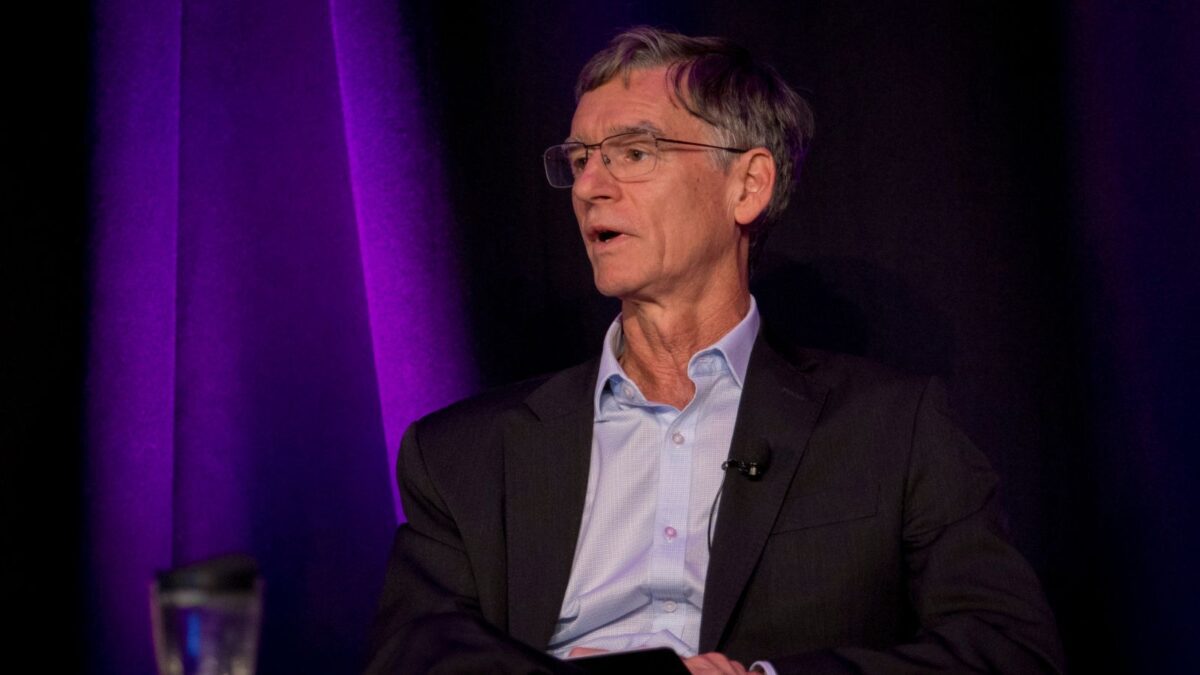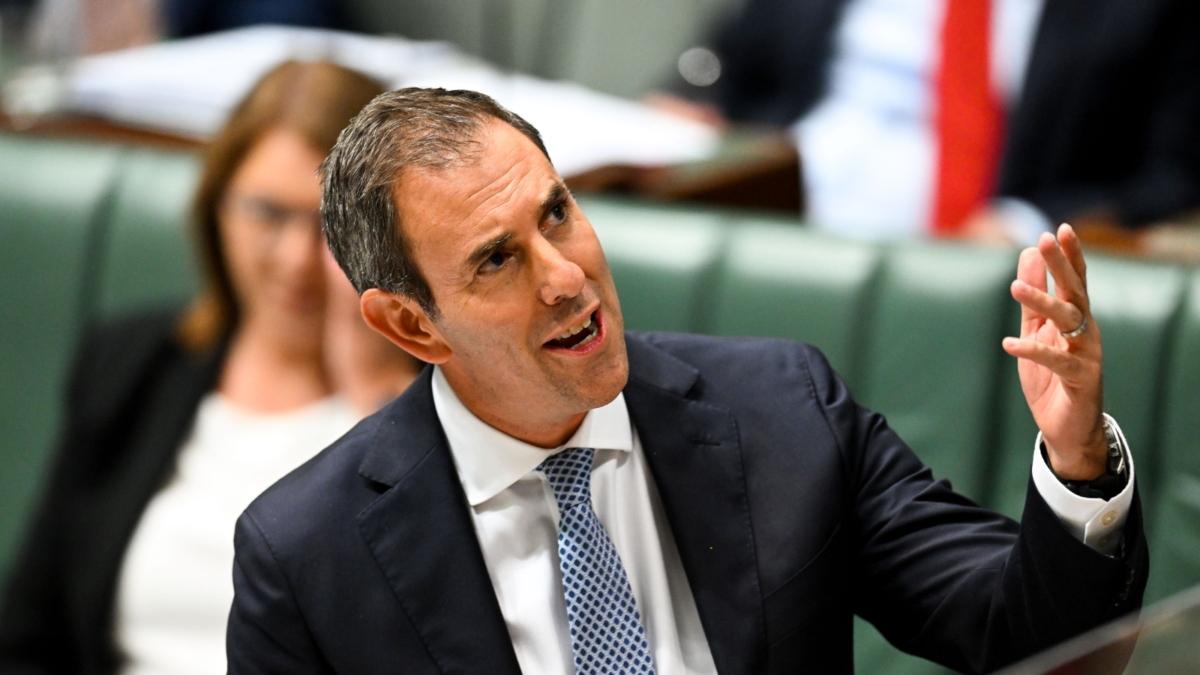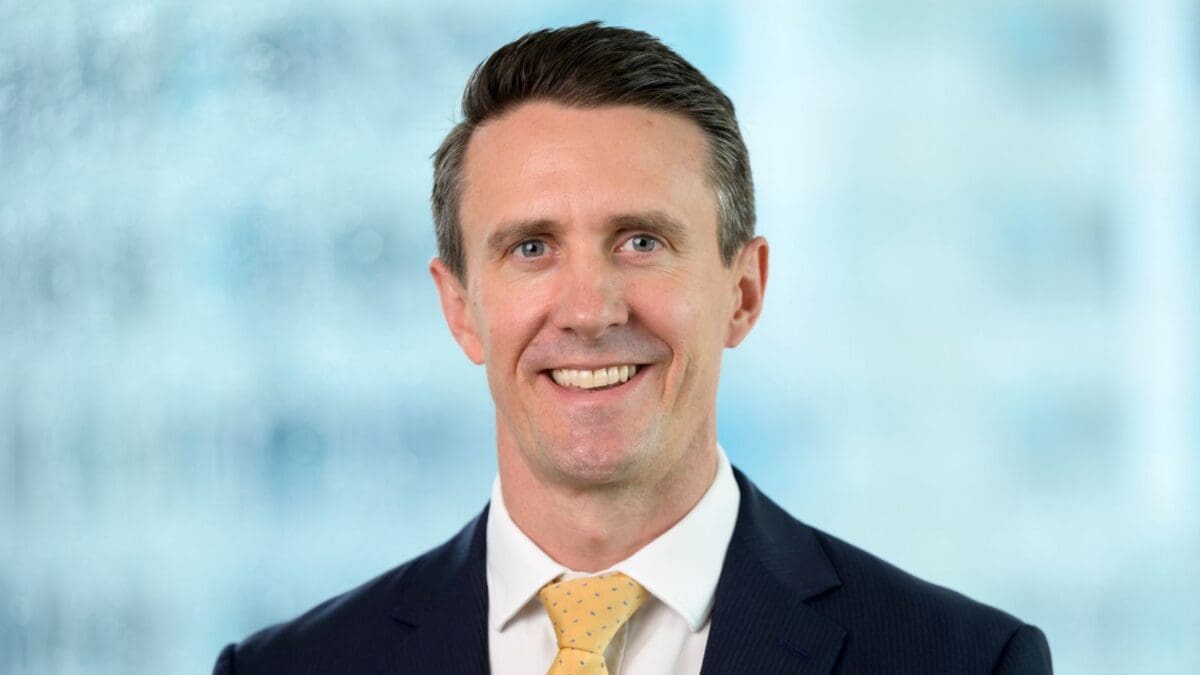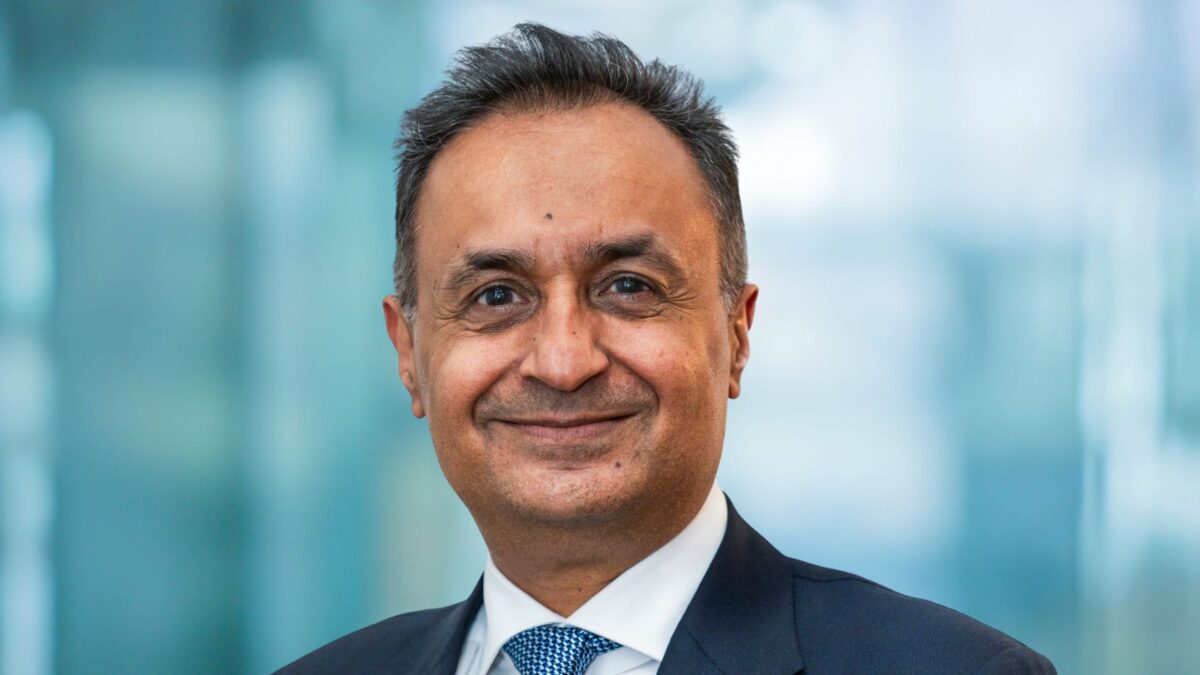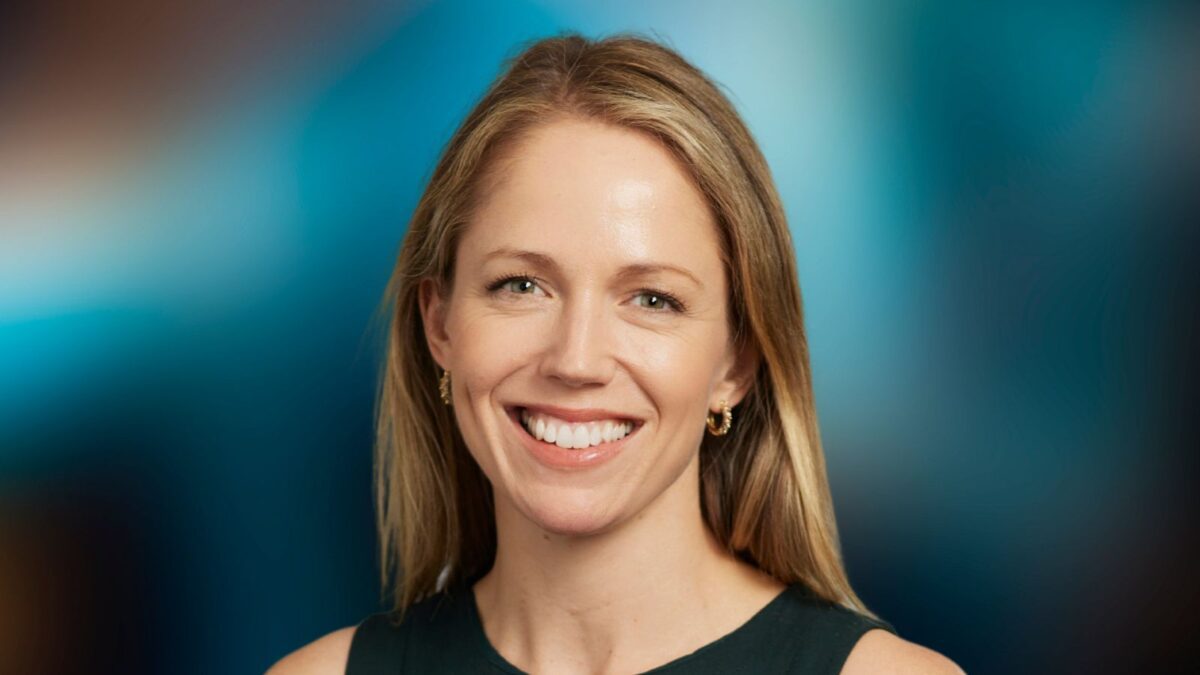Nuveen backs affordable housing for next ‘impact’ wave
The increasing flow of money into the ‘impact investments’ asset sector is very pleasing for long-term dedicated participants, such as Nuveen’s co-head of impact, Rekha Unnithan. But there are still industry matters to be dealt with, such as an agreed definition of ‘impact’.
One of the issues is that managers who may have previously shown little-or-no interest in the space have in recent years looked to develop offerings because of the investor interest. But they can define ‘impact’ very loosely. It’s a bit like what came to be known as ‘green washing’ – where managers really paid lip service to environmental issues, usually through a few negative screens, and they tended to only reflect general market trends.
Well, true impact investing is about much more than screens, whether negative or positive. It’s about rolling up your sleeves and getting involved in the difficult and time-consuming task of helping to build new opportunities which make a difference to the world. Nuveen’s definition, New York-based Rekha said in an interview last week, meant the “practice of intentionally investing in solutions that have a positive impact on the planet”. It’s not just about the environment; it’s, importantly, about the ‘social’ part of ESG, and it is more about unlisted assets than listed.
Nuveen worked with the International Finance Corporation, a member of the World Bank Group, to develop its nine ‘Operating Principles for Impact Management’, launched in April last year. There are now 98 signatories among asset managers and asset owners.
This month, on June 5, the IFC published a 108-page report, ‘Growing Impact: New Insights into the Practice of Impact Investing’. It includes case studies that demonstrate the nine principles, including from managers well-known in Australasia, such as Nuveen, AXA Investment Managers, Calvert, Partners Group and KKR, as well as super fund Christian Super.
The report estimates the size of the impact market to be more than US$2 trillion, but only about a quarter of that is demonstrably of an ‘impact’ nature, because of measurement issues. In his opening note, Philippe Le Houerou, the IFC chief executive, says: “The 58 investors who gathered in Washington, D.C. one year ago [for the launch of the ‘principles’] have evolved into a community of almost 100 signatories managing an estimated US$300 billion for impact and stemming from 26 different countries across five continents. Together, they now form a self-organised community of practice that is deepening its work to align impact measurement systems into a common core of metrics that will further improve comparability across funds and institutions. For example, signatories are working together with the GIIN and IMP to agree on common impact metrics for key themes such as climate, gender, and direct jobs.
“This critical agenda will help public market investors finance companies that contribute to solutions to social or environmental challenges. It will help commercial banks start to build portfolios of impact-based loans. And it will promote further alignment between the impact measurement and reporting of firms and that of the investors within those firms.”
Note: the report is copyrighted and cannot be disseminated by commercial publications, such as this newsletter, or otherwise used for commercial purposes, without specific permission from the IFC. However, it is readily available for individual use and study from the IFC website here.
Both Nuveen and its parent company, TIAA (formerly known as TIAA-CREF), have very long histories as entities and both also have long histories in responsible investing when they entered the asset management business towards the end of the last century. Nuveen was founded in 1898 by John Nuveen as an investment bank. TIAA was founded in 1919 as an insurance company especially for teachers.
Rekha is a managing director and co-head of impact investing for Nuveen, which she joined in 2012. She established the ‘intentional and leadership impact investing platform’ for TIAA and is responsible for determining Nuveen’s impact investment strategy across sectors, asset classes, and regions. Three of the main thematic areas are affordable housing, ‘inclusive growth’ and resource efficiency. She is also on the IFC’s advisory board for the Operating Principles of Impact Investing. She previously held several senior positions at Bank of America Merrill Lynch.
TIAA has had a presence in Sydney for several years, since Andrew Kleinig, the managing director and head of Australasia for Nuveen’s ‘International Advisory Services’ division, joined TIAA in 2014. Prior to that he was head of sales for Australian-based sustainable global investment specialist Nanuk Asset Management. He is responsible for a broad range of TIAA group strategies. So far, its direct property investments have been its most popular offerings in the region.
Specifically for Nuveen, Kleinig said last week that affordable housing was an area the firm would be focusing on both in terms of investing in and capital raising. He said several industry funds had made allocations in the sector. Nuveen had the benefit of access to big real estate and private equity teams. “In the past 12 months we have seen some pleasing developments,” he said.
Rekha most recently visited Australia last year and was hopeful of returning next when overseas travel was once more permitted. “When I was last in Australia and comparing notes with investors and consultants there seemed to be a lot of interest in affordable housing,” she said.
The main reason Nuveen established a dedicated platform and team of 12 people for impact investing was that it was hard to find appropriate investments in real assets and real estate. “You need to create a pool of capital to go out and find the investments,” Rekha said. “There are companies and projects that can deliver. We couldn’t have reached US$1 billion under management [in impact] without doing that.”
She oversees the team of 12, eight of whom focus on private equity and four on real estate. The team uses its colleagues within the group to help assess the viability of the investments, given that a reasonable return is a crucial part of the decision, and has also developed proprietary relationships for sourcing opportunities. Outside consultants are also used for assessments in specialist areas, such as energy efficiency.
The Responsible Investment Association Australasia published the results of a study early this month, on June 2, which showed that impact investing in the region had more than tripled over the past two years, from A$5.7 billion to A$19.9 billion. The study, conducted for RIAA by Deakin University, said that investors were likely to increase the allocations to the sector and predicted total assets could reach A$100 billion within five years.
The study, ‘Benchmarking Impact: Australian Impact Investor Insights, Activity and Performance Report 2020’, brought together two pieces of research: a study of 125 Australian investors, including diverse types, of investors who accounted for $1.72 trillion in assets; and, a study of 111 impact investment products widely offered to Australian investors.
– G.B.


